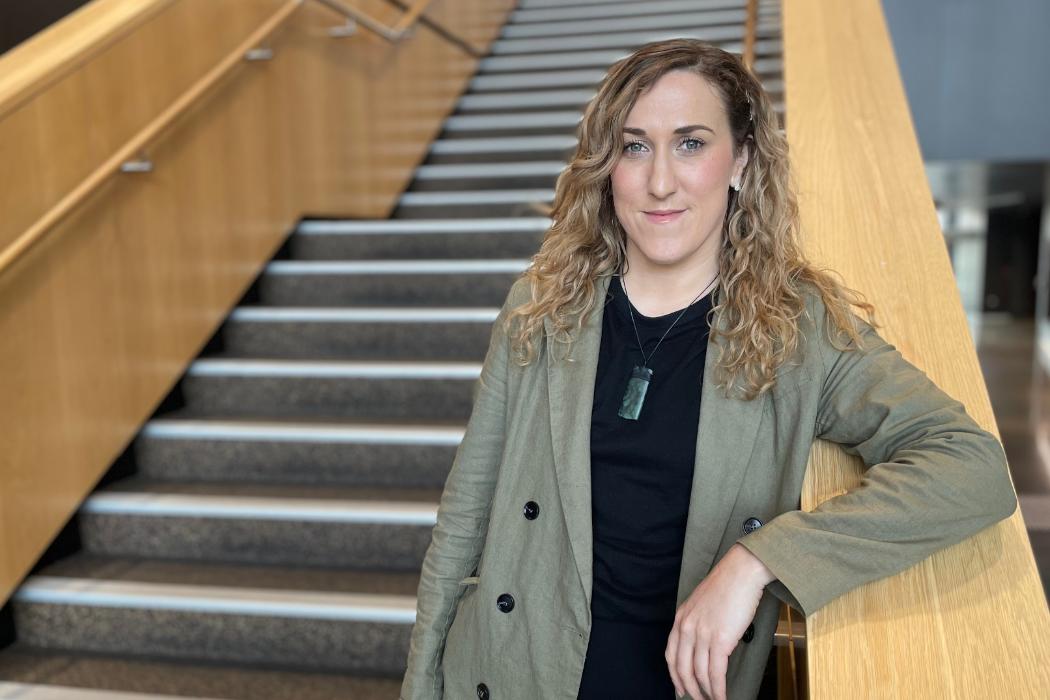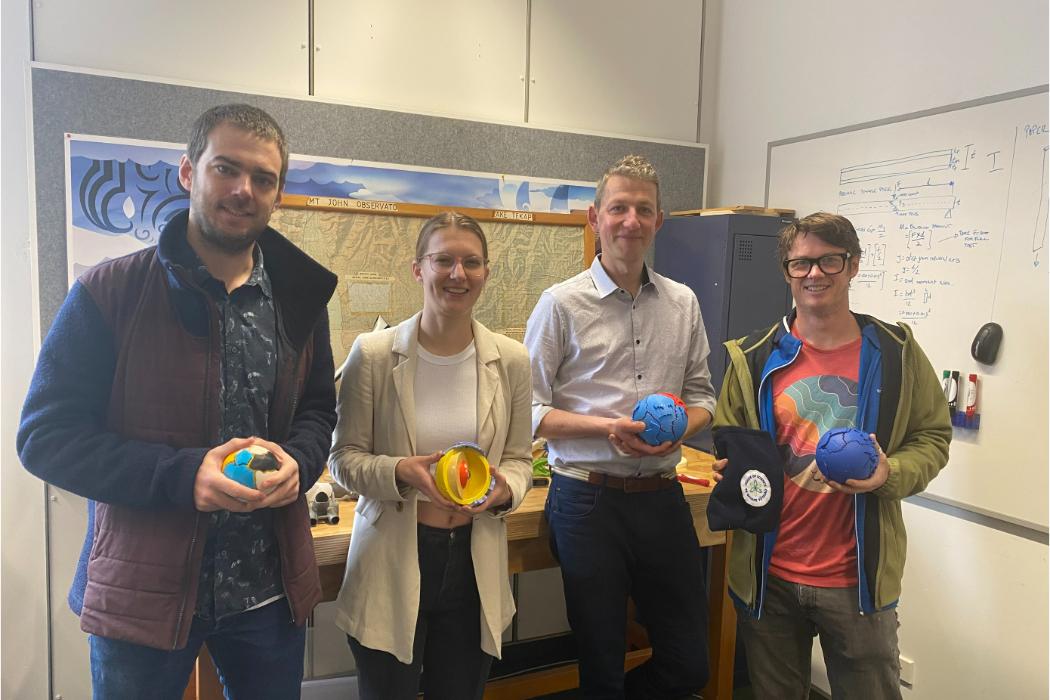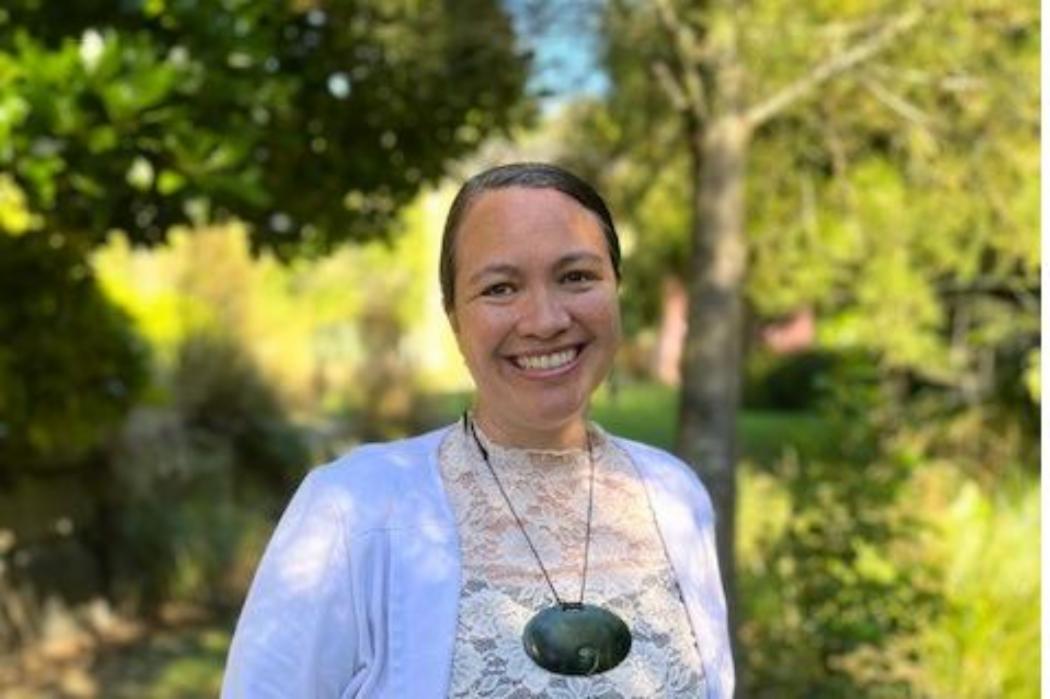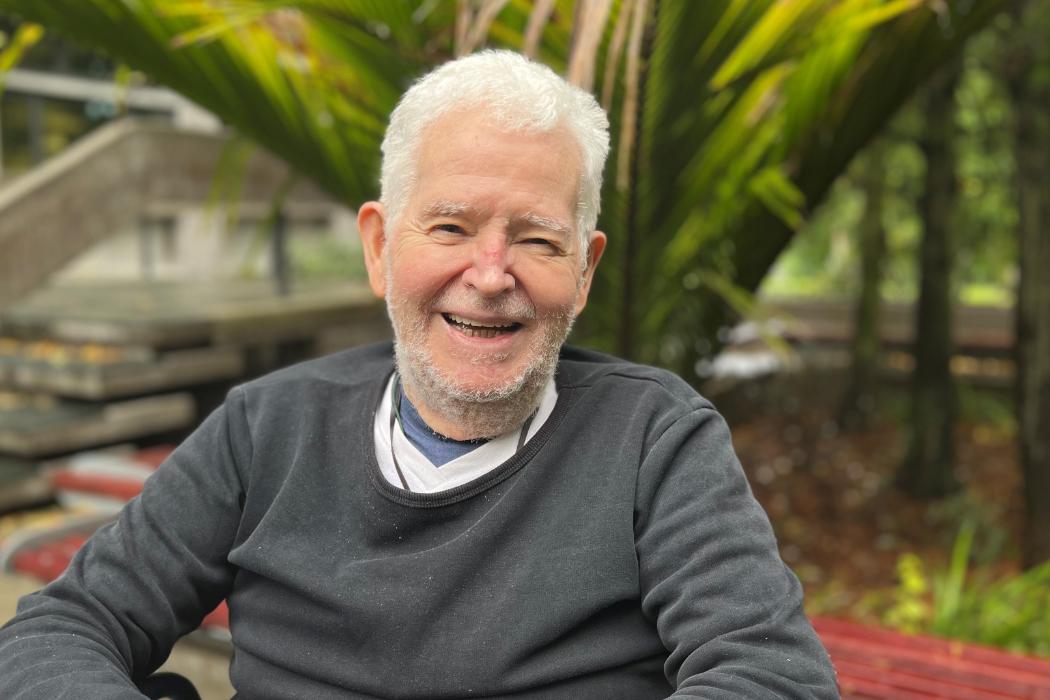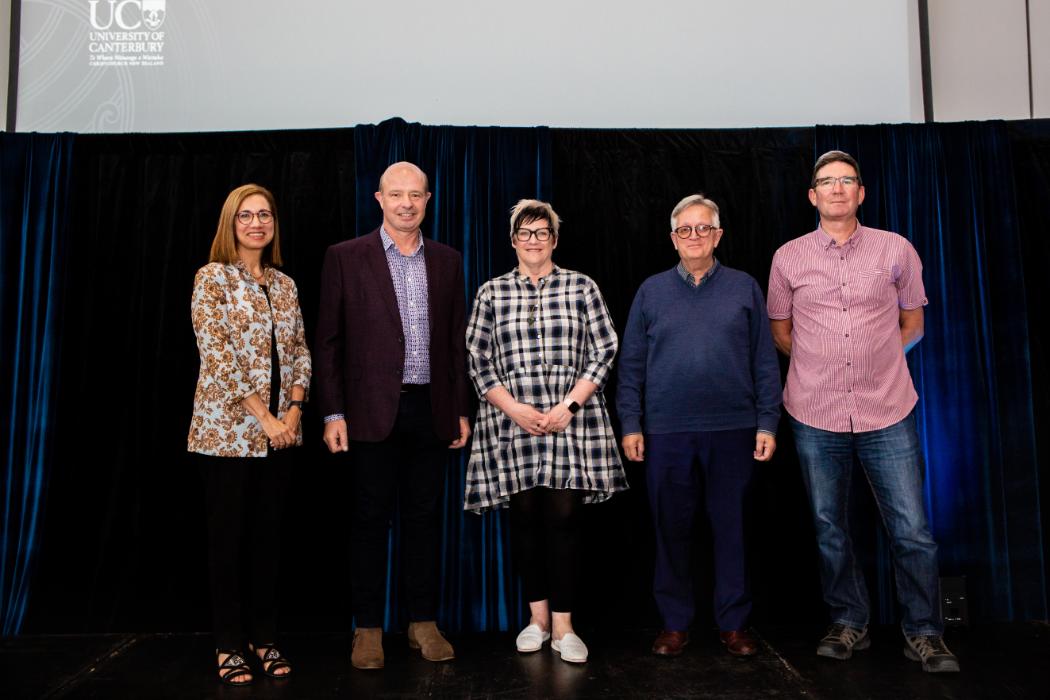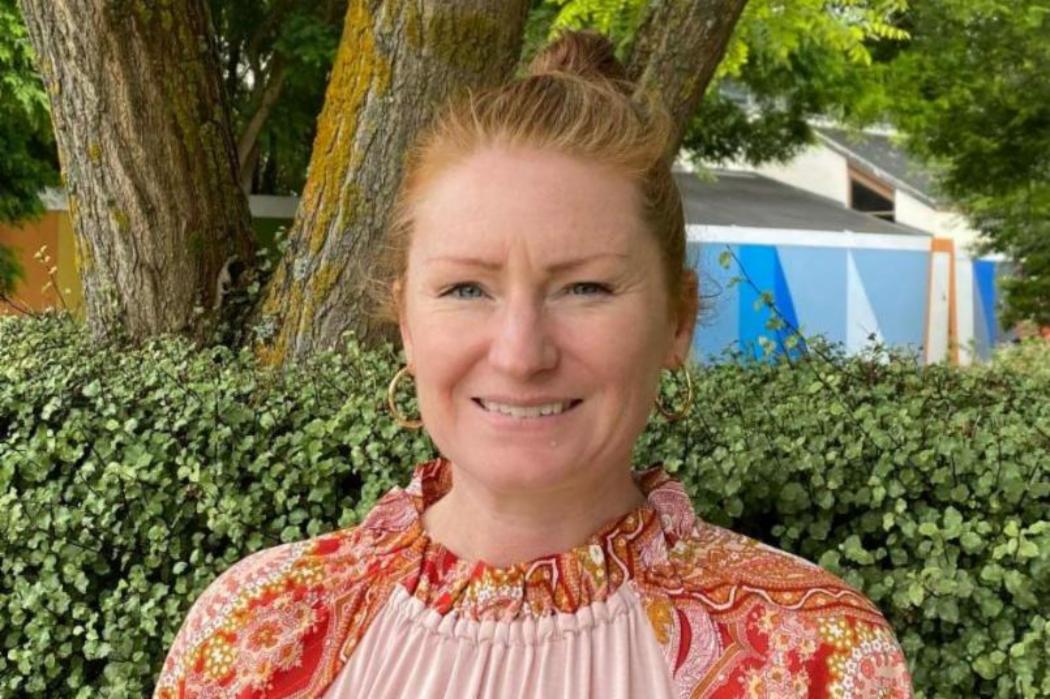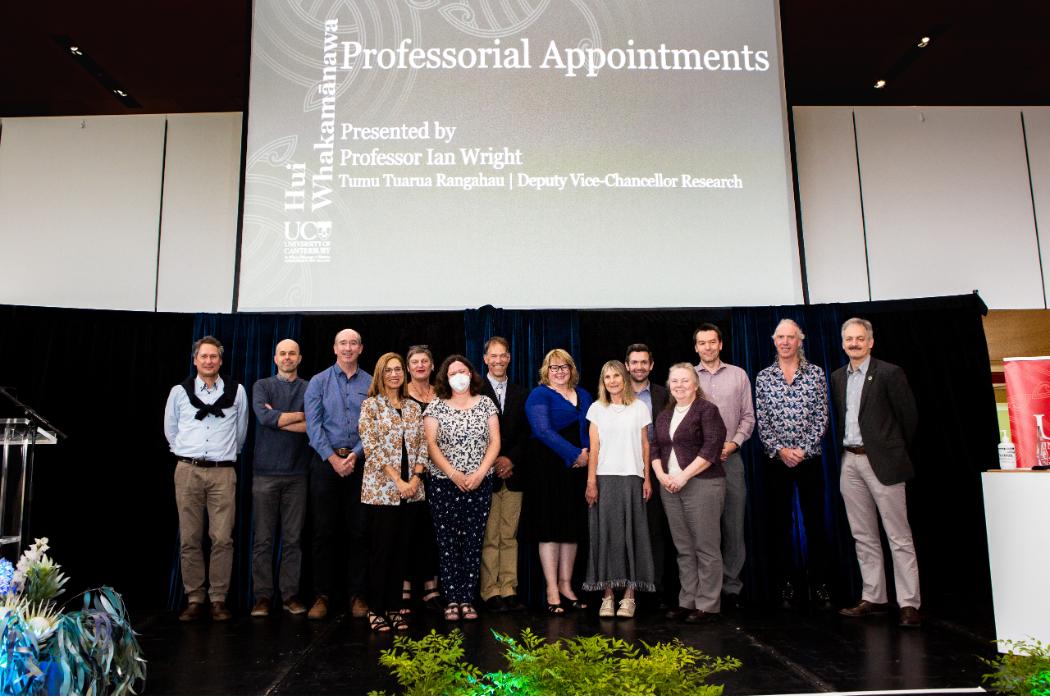The aim of the William Georgetti Scholarship is to encourage postgraduate study and research in a field that is important to the social, cultural or economic development of Aotearoa New Zealand, and applicants must make their case to the scholarship selection panel in an interview.
“I was nervous, but I was able to confidently explain why theoretical mathematics is valuable to society as a whole – even if the benefits or implications aren’t immediately obvious. A neat example of this is the application of Einstein’s relativity theory to GPS systems. Clocks in orbit around the Earth tick at a different rate to those on the Earth’s surface, which is something that must be accounted for to ensure GPS’ accuracy,” Jack says.
While Jack is still to decide on a topic for a master’s thesis, the topic of black holes and how this can be used to better understand the universe, holds an appeal.
“Black holes are places where gravity is so strong that nothing, not even light, can escape. The science of these objects is becoming increasingly relevant to modern physics. Since the 2015 detection of gravitational waves, and the direct observation of a black hole in 2019, black holes have become an important testing ground for our theories of fundamental physics. Studying them will help to develop our theoretical understanding of these fascinating objects,” Jack says.
“The University of Canterbury’s been very supportive of my learning journey, and Professor Ekant Veer, in his capacity as Associate Dean of Postgraduate Research, was instrumental in guiding me through the application process from the beginning,” Jack says.
William Georgetti was a farmer at Fernhill near Hastings, who died in 1943. The scholarship fund was established from his estate.
The selection panel for the scholarships includes the Prime Minister, the Governor-General and the Chief Justice or their nominees.



